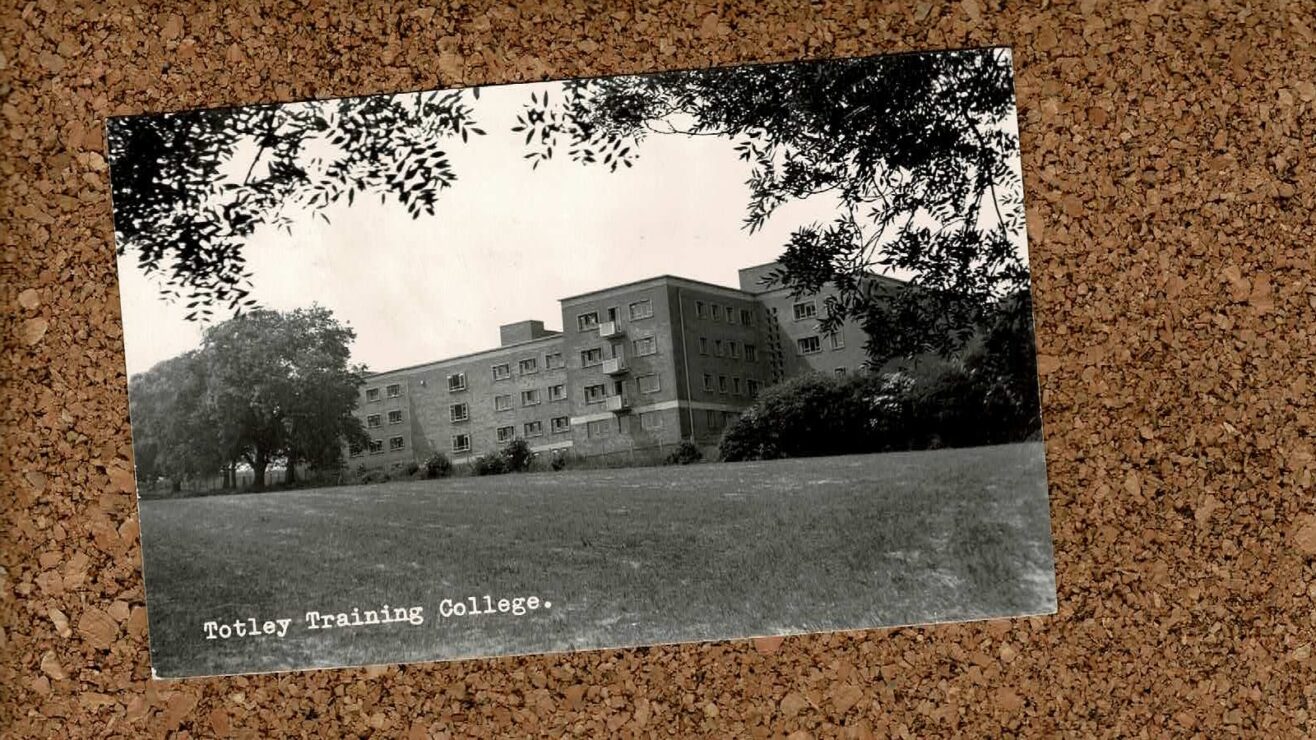The Office for Students (OfS) recently announced that it will proceed with a new condition of registration to regulate harassment and sexual misconduct, which will come into force on 1 August 2025.
While it’s undeniably positive that the sector will work towards an agreed standard on these crucial issues, concerns remain around how that standard is defined.
Define your terms
OfS has landed on a definition of sexual misconduct as
any unwanted or attempted unwanted conduct of a sexual nature and includes, but is not limited to, sexual harassment; sexual assault; and rape.
The definition, initially proposed in the consultation, defined sexual misconduct as above but clarified that these terms are defined by the 2003 Sexual Offences Act. Some 52 per cent of respondents to the consultation disagreed with some aspects of the proposed definition, with 39 per cent disagreeing with the language.
And yet, while OfS has removed the explicit reference to this act, the language itself remains, with no alternative source of definition for these terms, claiming that “terms such as ‘rape’ and ‘sexual assault’ are clearly understood by the public.”
As someone who has spent their career working with survivors of sexual violence, I could not disagree more strongly.
Is rape really “clearly understood”?
Research commissioned by the Crown Prosecution Service (CPS) and published earlier this year found that only half of 18- to 24-year-olds recognise that an act can still be rape if a victim doesn’t fight back. Less than half recognised that being in a relationship does not mean that consent can be assumed.
To use a term such as “rape” without providing any further definition, having simply hit delete on the words “Sexual Offences Act (2003)”, is not just inappropriate – it’s unsafe.
If research shows that the demographic we’re working with does not have a strong understanding of what rape means, it is indefensible to limit our definitions to these legalistic terms without providing a complete and thorough definition of what we might mean by them as a sector.
OfS rightly states in its analysis of responses that
to allow providers to develop their own definition of sexual misconduct would not [ensure consistent standards], as there would be no consistent level of protection for students.
And yet, if OfS insists that we must use these terms, universities now need to come up with definitions of “rape” and “sexual assault” to guide our students’ understanding. Following the logic, every provider will have a different definition of sexual misconduct.
What about consent?
Of particular concern is the complete lack of reference to consent within the definition. Instead, it refers to sexual misconduct as “unwanted” behaviours. While this may seem synonymous enough, the difference is enormous.
Consent is well-defined in law and must include everyone involved having the freedom and capacity to agree, and in my experience, universities are actually (on the whole) pretty great at talking to their students about it.
But what of “unwanted”? What do we mean by that? Is there a reasonable belief in “want” in the same way that there must be a reasonable belief in consent? How should universities assess and evidence a lack of “want”? How much do you have to want sex for it not to be misconduct?
If we don’t have these definitions right, we are moving further away from the aim of protecting students. Of course, sex should be wanted, but we are talking about disciplinary processes that must be defensible and just and based on evidence if they are to be upheld, and this language does not safely allow for that.
Where shall I dispose of my existing guidance?
The 2016 Pinsent Masons guidance on how to handle alleged student misconduct which may also constitute a criminal offence, makes clear that
a university cannot make a finding about whether or not an accused student has raped a reporting student because that is a criminal offence and is a decision that only a criminal court can take.
I do not see anything that has changed that would reasonably override this legal guidance, which we have all been doing our best to adhere to for the last eight years. The guidance says
it is unreasonable and dangerous for all involved to ask a university to make any findings about an alleged criminal offence. To do so would undoubtedly open universities up to legal challenge (particularly by an accused student as a finding of “rape” […] by a disciplinary panel could have severe ramifications.
While OfS’ view is clearly that they are not asking HEIs to make a finding about an alleged criminal offence, in the absence of any alternative definition, that is precisely how it will be reasonably perceived.
I can only speculate what would happen when a student (or indeed a member of staff) is reported through criminal justice processes having already been found for “rape” by an educational institution’s internal civil disciplinary procedures, but I don’t imagine it plays out well.
Where do we go from here?
OfS was right to remove the 2003 Sexual Offences Act from regulation relevant to civil institutions that have no place in making criminal findings. However, we must now navigate the fact that the language of the act remains, with no alternative meaningful definitions provided, because the evidence would contest OfS’ assertion that rape is well understood.
OfS is right that we need a consistent definition of sexual misconduct across the sector, but it is wrong to imply that it has provided one. We have its regulatory blessing to extend our policies “to cover a wider definition” as long as it does not contradict or conflict with the definition of the condition – but without the most impressive feat of collaboration this sector has ever seen, that will land us nowhere near consistent definitions.
It is an established reality that sexual misconduct, as defined by a university, “may also constitute” a criminal offence such as rape or sexual assault. This does not mean treating these terms as our own definitions is appropriate.
We must continue to centre the importance of “consent” in our definitions. We must provide students with clear explanations and examples of the behaviours we stand against. We need to use language they truly understand, covering acts that may also amount to a criminal offence while being reasonably defined within our civil context.
Careful consideration must be given to how we seek to comply with this condition in a way that genuinely protects students and staff. There will be no easy answers, but let’s start by defining our terms.













